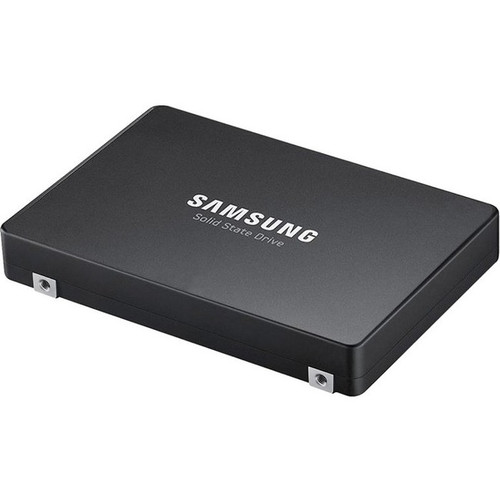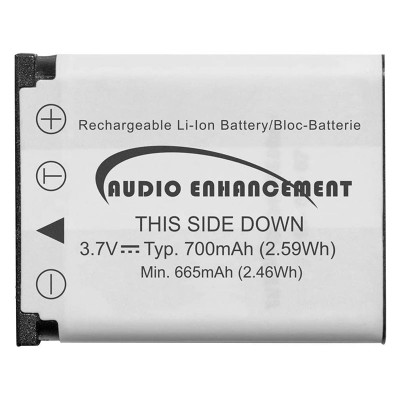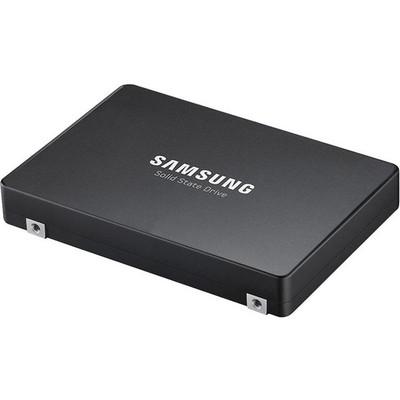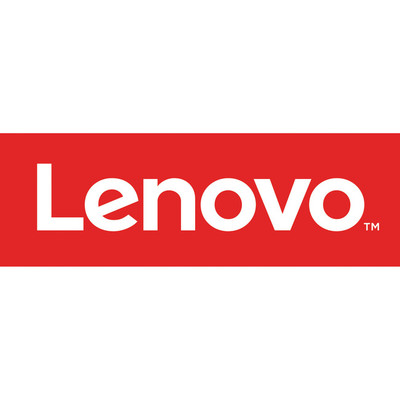The ThinkSystem PM1733 Entry NVMe PCIe solid-state drives (SSDs) are high-performance self-encrypting drives (SEDs) that adhere to the Trusted Computing Group Opal Security Subsystem Class cryptographic standard (TCG Opal SSC). They are available in 3.84TB and 7.68TB capacities and are general-purpose yet high-performance NVMe PCIe SSDs.
This product guide provides essential presales information to understand the Entry PCIe NVMe SED SSD offerings and their key features, specifications, and compatibility. This guide is intended for technical specialists, sales specialists, sales engineers, IT architects, and other IT professionals who want to learn more about the SSDs and consider their use in IT solutions.
- Direct PCIe 4.0 x4 connection for each NVMe drive, resulting in up to 7 GBps overall throughput.
- Also supports PCIe 3.0 host connection for servers with first and second-generation Intel Xeon Scalable processors or with PCIe 3.0 NVMe switch adapters
- Compliant with Trusted Computing Group Opal 2.0 Security Subsystem Class cryptographic standard (TCG Opal 2.0 SSC)
- Low cost, read-intensive SSD from Samsung using TLC flash technology
- Advanced ECC Engine and End-to-End Data Protection
- Samsung's SSD virtualization technology allows a single SSD to be subdivided into smaller SSDs, up to 64, providing independent virtual workspaces. It also enables SSDs to take on certain tasks typically carried out by the server CPUs, such as Single-Root I/O Virtualization (SR-IOV), requiring fewer server CPUs and SSDs.
- V-NAND Machine Learning enables the SSD to accurately predict and verify cell characteristics, as well as detect any variations in circuit patterns.
- Fail-In-Place technology ensures the SSD operates normally even when errors occur at the chip level. It allows the PM1733 to identify failing NAND cells, and actually recover then relocate the data without interrupting normal operations or impacting performance.
- Protect data integrity from unexpected power loss with Samsung's advanced power-loss protection architecture
- Supports Self-Monitoring, Analysis and Reporting Technology (S.M.A.R.T).


































